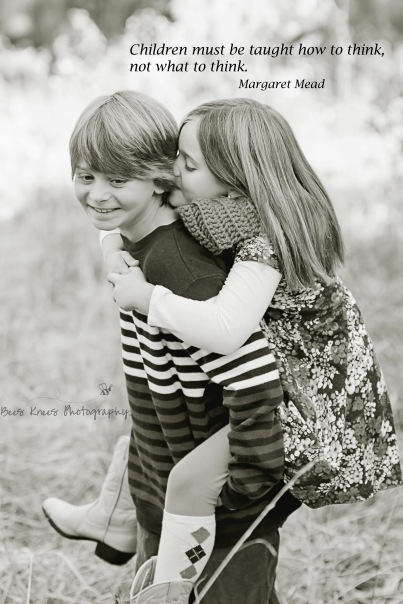Every behavior happens for a reason. Sometimes, figuring out what that reason is can be difficult. There is a tool, however, which can be used. It’s called a Functional Behavior Analysis or FBA. This tool helps break apart a specific behavior into 3 steps.
1. The antecedent
2. The behavior
3. The consequence.
This tool helps identify why a specific behavior is occurring so a behavior intervention plan can be formed to positively intervene.
Step 1 begins with observation of the child in different settings. If the behavior is mostly occurring at school then you would observe him/her in at least three different areas throughout his/her day. It could be in their general education class, a “specials” class such as art, and maybe recess or lunch. When observing the antecedent, you are watching for what is happening right before the behavior occurred. For example, let’s say that you have a child that is hitting other children. You want to know why so you can come up with a plan to help this child be more successful in their school environment. While observing, you are going to document what happened right before he/she hit. Did someone walk up to him to ask him a question? Or perhaps, he saw a group of kids playing together and wanted to join? Maybe it’s a time of transition and he/she has to move from one class to another. Write it down. Document all of the things that occurred just before the behavior that you are observing.
Step 2 is documenting the behavior that you are specifically tracking. In the example above, the behavior was hitting. Although, it really could be any behavior. For example, I could track why a student doesn’t complete assignments, or has a tantrum during the school day.
Step 3, the consequence, refers to what happened directly after the behavior. Did the kid who was hit run away after asking the question? Did the student you’re observing get another kid’s attention in attempt to play with him/her? Or, did the student get out of doing a math assignment or avoid going to a specials class such as art?
Once all three steps are complete, you will look at your data and look for the pattern associated with the behavior. For example, you may see that the child is effectively avoiding art class or math work. Perhaps you will notice that the child wants to play with friends but doesn’t know how to enter play with his/her peers. Maybe you will see a pattern of the behavior occurring during times of transitions because he/she is unsure of what to do during those times.
Once you see the reasons why the behavior is happening, it’s important to come up with a plan on how to help the child. Bringing awareness of why the behavior is occurring to other people in your student’s environment is also equally important. For example, let’s say that I recognize the child above is hitting every time he/she has other children too close in their personal body space. I may decide that I let the child line up or pack up first. I give him/her the expectations clearly and in a helpful, non-judgmental way. Maybe I let the art teacher know that he needs extra space around him/her during art class. After developing a plan on how you will positively intervene to help this behavior, be sure to decide how it will be monitored. Who is responsible for each piece of the plan? Remember, when your child or student does not yet have awareness of this behavior, you will need to heavily support him/her to bring this awareness about in a non-judgmental way. Once recognition begins, then the child will be able to team up in helping monitor the behavior change. A child will not be successful if we only recognize the behavior and then expect him/her to control or change it independently. Tools must be implemented for the lasting success of the child.
Here are some links which will give you more information on FBAs:
This link gives more information on FBA. It provides simple and intensive FBA form and offers a behavior intervention plan. http://www.pbisworld.com/tier-2/functional-behavior-assessment-fba/
This link provides more information on FBAs. It has many forms from which to choose and several ways to look at the completed data. http://www.iod.unh.edu/APEX%20Trainings/Tier%202%20Manual/Function%20of%20Behavior/4.%20FBA%20Worksheet.pdf
With Appreciation ,
Wendy and Christina
